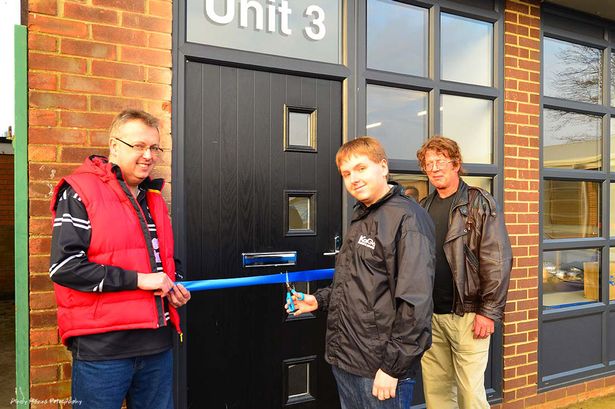Home
About Us
Physical and Engineering Sciences in Oncology
by: Michael SaundersThe National Science Foundation, otherwise referred to as NSF, is a United States Government agency that is primarily responsible for pursuing and ensuring fundamental research studies and education in all the non-medical fields of science and engineering.
|
|
The programs and activities of the NSF are administered in an effort to help them realize their mission, which is "to promote the progress of science; to advance the national health, prosperity, and welfare; to secure the national defense."
In keeping with this mission, the National Science Foundation, in close cooperation the National Cancer Institute, has recently developed the Physical and Engineering Sciences in Oncology Program wherein they intend to obtain a more thorough understanding of cancer disorders with the application of physical and engineering sciences.
The folks at NSF believe that the discovery of significant advances is greatly possible as a result of the consistent investments in inter- and multi-disciplinary research studies concerning the application of physical/engineering and life sciences and its impact on unraveling the cause and origin of cancer cell formation.
In addition, the NSF perceives that these advances will significantly contribute to the prevention, early detection, and efficient treatment of cancer disorders. Which is very much essential because cancer is one of the most fatal diseases in the world today.
The proposals that will be submitted to the NSF should include the following:
(continued...)
Physical and Engineering Sciences in Oncology
Page 2
About The Author
Michael Saunders is an editor of TopGovernmentGrants.com one the the most comprehensive Websites offering information on government grants and federal government programs. He also maintains Websites providing resources on community grants and health grants. |
Additional Resources
category - Health Grants
Environmental Exposures and Health: Exploration of Non-Traditional Settings Program
Clinical Trials for Organ Transplantation in Children Program
Cancer Research Network: a Research Resource within Health Care Delivery System
Health Care Fraud Program Expansion and Senior Medical Patrol Capacity Building Grants
Follow @topgovtgrant
Social Entrepreneurship
Spotlight
Hexham Social Enterprise Launches Workshop to Provide Training for the Unemployed

A Gilesgate-based shop and community facility, Hexham’s Core Music, launches a separate workshop where up to six people will be trained how to repair guitars and make ukuleles. The European Social Fund grant supported the project and has secured funds through the County Durham Communication Foundation to equip the workshop in Burn Lane.
